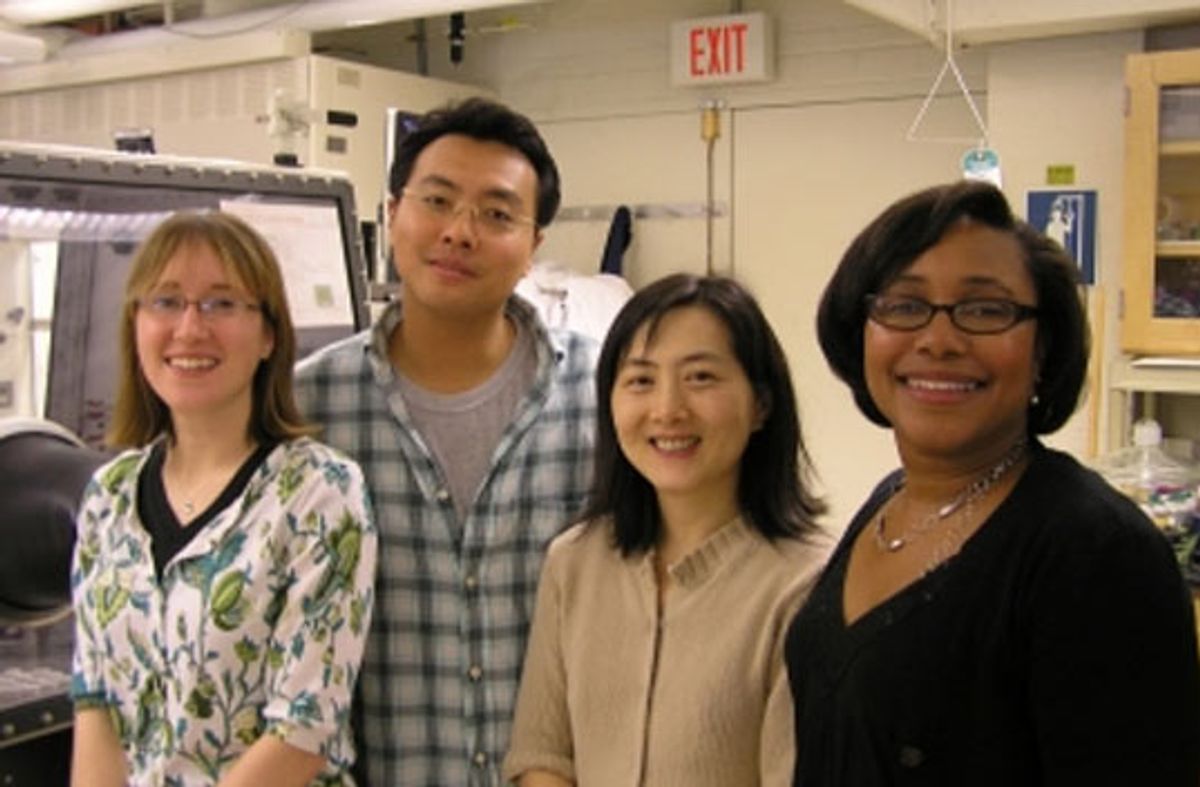Researchers at MIT have bridged the characteristics of standard power cells and capacitors with specially prepared carbon nanotubes that for the first time can now serve as a positive electrode.
The work was published this week in the journal Nature Nanotechnology and boasts an increase of up to 10 times more power than conventional lithium-ion batteries, according to at least one account of the research.
The prototype batteries possess the positive characteristics of both capacitors in their ability to deliver very short high bursts of energy and still have the energy content of state-of-the-art lithium-ion batteries, around 200 Watt hours per kilogram. This combination makes them attractive for Electric Vehicles (EV) technology that requires quick bursts of power for acceleration.
While it would seem that this would be something to pursue for commercial applications, it’s not clear whether the researchers are even entertaining the idea. One reason for the diffidence may be that Shao-Horn already has another project for building larger electrodes to be used in EV applications.
This research is not even the first time that MIT researchers have offered a tweak to lithium-ion batteries that allows them to perform like an ultracapacitor that allows them to discarge and fully charge in seconds instead of minutes.
Dexter Johnson is a contributing editor at IEEE Spectrum, with a focus on nanotechnology.



